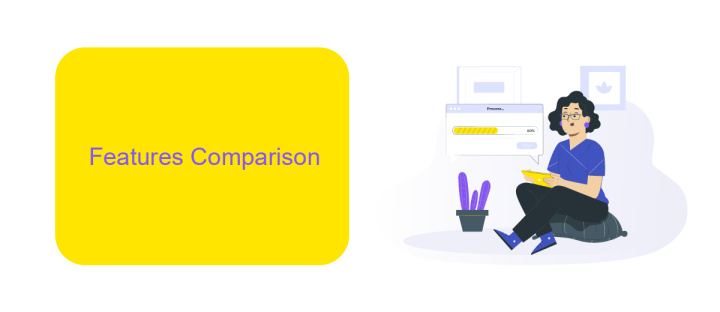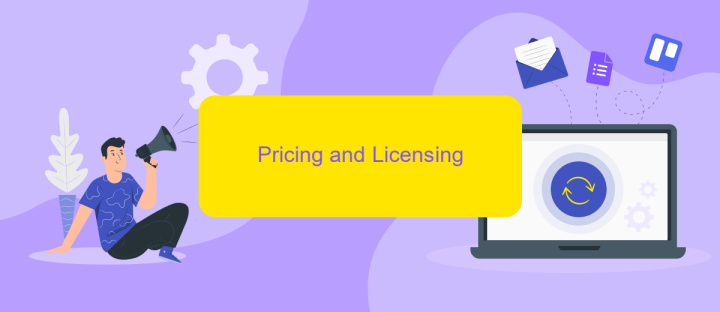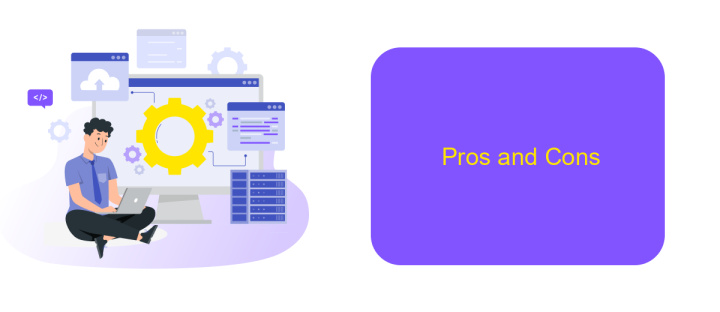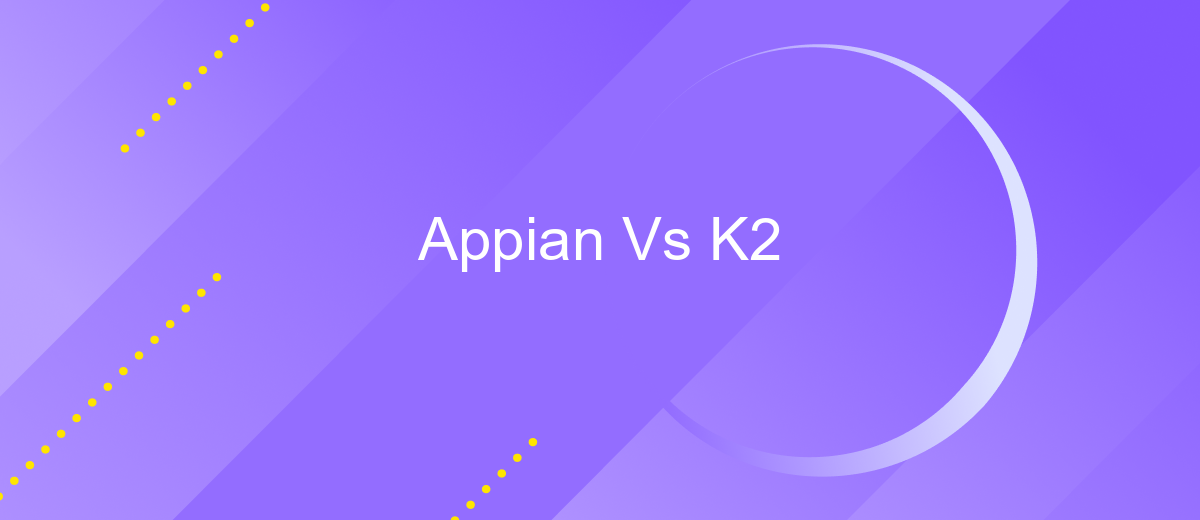Appian Vs K2
When it comes to choosing a robust business process management (BPM) platform, Appian and K2 are two leading contenders. Both offer powerful tools for automating workflows, enhancing productivity, and driving digital transformation. This article delves into a comparative analysis of Appian and K2, examining their features, strengths, and potential drawbacks to help you make an informed decision.
Overview
Appian and K2 are two prominent platforms in the low-code development landscape, each offering distinct advantages for businesses looking to streamline their processes. Appian is known for its robust BPM capabilities, allowing organizations to design, execute, manage, and optimize complex workflows with ease. K2, on the other hand, excels in delivering powerful process automation and integration capabilities, making it a strong contender for enterprises seeking flexibility and scalability.
- Appian: Focuses on BPM, case management, and application development with a user-friendly interface.
- K2: Specializes in process automation, integration, and the creation of custom applications tailored to business needs.
- ApiX-Drive: Facilitates seamless integration between various services and applications, enhancing both Appian and K2 functionalities.
While both platforms offer extensive features, the choice between Appian and K2 largely depends on specific business requirements and goals. Appian may be more suitable for organizations prioritizing comprehensive BPM solutions, whereas K2 is ideal for those needing advanced process automation and integration capabilities. Additionally, integrating with services like ApiX-Drive can further enhance the efficiency and connectivity of these platforms, providing a more cohesive and streamlined workflow.
Features Comparison

When comparing Appian and K2, it's essential to examine their features and capabilities. Appian stands out with its robust low-code development platform that enables rapid application development. It offers a comprehensive suite of tools for process automation, case management, and AI-driven insights. Appian's user-friendly interface and drag-and-drop functionality make it accessible for users with varying technical skills. Additionally, Appian provides strong integration capabilities, allowing seamless connections with other systems and applications, including popular services like ApiX-Drive, which facilitates easy integration setup and management.
On the other hand, K2 offers a powerful process automation platform with a focus on workflow and business process management. K2's strength lies in its flexibility and scalability, catering to complex enterprise needs. It provides a rich set of features for designing, deploying, and managing workflows, along with advanced reporting and analytics tools. K2 also supports integration with various third-party systems, enhancing its versatility. Both platforms have their unique strengths, making the choice between Appian and K2 dependent on specific business requirements and objectives.
Pricing and Licensing

When comparing Appian and K2, pricing and licensing are crucial factors to consider. Both platforms offer flexible pricing models tailored to various business needs, but they differ in their approaches and cost structures.
1. Appian: Appian offers a subscription-based pricing model, which includes various tiers based on the number of users and the complexity of the applications. They provide a free trial to get started, and pricing details are generally customized based on specific requirements. Additional costs may apply for premium features and support services.
2. K2: K2 also follows a subscription-based model but emphasizes more on licensing based on the number of processes and workflows rather than users. They offer different licensing options, including perpetual licenses and cloud subscriptions. K2’s pricing can be more complex, often requiring a detailed consultation to get an exact quote.
Both Appian and K2 provide robust platforms for business process management, but understanding their pricing and licensing options is essential for making an informed decision. For those looking to enhance integrations and automate workflows further, services like ApiX-Drive can be valuable, offering seamless connectivity between different applications and systems.
Pros and Cons

When comparing Appian and K2, it's essential to weigh the advantages and disadvantages of each platform. Both offer robust solutions for business process management but cater to different needs and preferences.
Appian is known for its low-code development environment, which allows users to create applications quickly with minimal coding knowledge. On the other hand, K2 provides a more customizable experience, suitable for complex workflows that require detailed configurations.
- Appian Pros: User-friendly interface, rapid application development, strong community support.
- Appian Cons: Higher costs for advanced features, less flexibility in customization.
- K2 Pros: Highly customizable, suitable for complex workflows, strong integration capabilities with services like ApiX-Drive.
- K2 Cons: Steeper learning curve, requires more technical expertise, longer development time.
Ultimately, the choice between Appian and K2 depends on your organization's specific needs. If you prioritize speed and ease of use, Appian may be the better option. However, for more complex and customizable solutions, K2 could be the right fit.
Conclusion
In conclusion, both Appian and K2 offer robust solutions for business process management and automation, each with its unique strengths and capabilities. Appian stands out with its low-code platform, which empowers users to develop applications rapidly without extensive coding knowledge. On the other hand, K2 provides a highly customizable environment that is particularly beneficial for organizations with complex workflow requirements.
When it comes to integration, both platforms offer extensive options, but the choice may depend on specific business needs. For instance, leveraging integration services like ApiX-Drive can significantly streamline the process, allowing seamless connectivity between various applications and systems. Ultimately, the decision between Appian and K2 should be based on the specific requirements, existing infrastructure, and long-term goals of the organization. Careful consideration and possibly even trial implementations can help in making the most informed choice.
- Automate the work of an online store or landing
- Empower through integration
- Don't spend money on programmers and integrators
- Save time by automating routine tasks
FAQ
What are the main differences between Appian and K2?
Which platform is better for rapid application development?
How do Appian and K2 handle integrations with other systems?
Can I use a third-party service to automate integrations with Appian or K2?
Which platform offers better scalability for large enterprises?
Apix-Drive will help optimize business processes, save you from a lot of routine tasks and unnecessary costs for automation, attracting additional specialists. Try setting up a free test connection with ApiX-Drive and see for yourself. Now you have to think about where to invest the freed time and money!


